How To Grow Eupatorium Purpureum In Your Garden
Title: How to Grow Eupatorium Purpureum in Your Garden
Introduction:
Eupatorium purpureum, commonly known as Joe Pye weed, is a tall, herbaceous perennial plant that is native to North America. It is known for its showy, pink or purple flowers that bloom in late summer and early fall. Joe Pye weed is a relatively easy plant to grow and care for, and it can add a touch of elegance and color to any garden.
Main Content:
Choosing a Location
Joe Pye weed prefers full sun to partial shade and moist, well-drained soil. It can tolerate a wide range of soil pH levels, but it does best in slightly acidic soil. If you live in an area with hot summers, you may want to choose a location that offers some afternoon shade.
Planting
Joe Pye weed can be planted in the spring or fall. When planting, dig a hole that is twice as wide and as deep as the root ball of the plant. Backfill the hole with soil, tamping it down lightly. Water the plant well after planting.
Watering
Joe Pye weed needs regular watering, especially during the first year after planting. Once established, it is more drought tolerant. Water the plant deeply once a week, or more often during hot, dry weather.
Fertilizing
Joe Pye weed does not need to be fertilized heavily. A light application of a balanced fertilizer in the spring will help to promote healthy growth.
Pests and Diseases
Joe Pye weed is generally resistant to pests and diseases. However, it may be susceptible to powdery mildew in hot, humid weather. If you see signs of powdery mildew, you can treat it with a fungicide.
Deadheading
To encourage more blooms, deadhead spent flowers. This can be done by pinching them off with your fingers or by using a pair of scissors.
Winter Care
Joe Pye weed is hardy in USDA zones 3-9. In colder climates, it may benefit from a light layer of mulch to protect the roots from the cold.
Conclusion
Joe Pye weed is a beautiful and easy-to-grow plant that can add a touch of elegance and color to any garden. With proper care, it will thrive for many years to come.
Eupatorium purpureum, also known as purple boneset, is a flowering plant native to North America. It has been used for centuries by Native Americans for its medicinal properties. Purple boneset is a good source of antioxidants and has been shown to have anti-inflammatory, antipyretic, and analgesic effects. It may also be helpful for treating allergies, fever, and pain.
If you are interested in learning more about purple boneset, please visit Home Gardening. This website provides comprehensive information about the plant, including its history, medicinal properties, and potential side effects.
FAQ of eupatorium purpureum
What is Eupatorium purpureum?
Eupatorium purpureum is a tall, herbaceous perennial plant that is native to North America. It is known for its showy, purple flowers that bloom in the summer. The plant is also known by a variety of other common names, including gravel root, Queen of the Meadow, and boneset.
- What are the medicinal uses of Eupatorium purpureum?
Eupatorium purpureum has been used medicinally for centuries by Native Americans and other traditional cultures. The plant is considered to be a diaphoretic, meaning that it helps to promote sweating. It is also used to treat a variety of other conditions, including fever, colds, flu, urinary tract infections, and kidney stones.
- How should Eupatorium purpureum be used?
Eupatorium purpureum can be used in a variety of ways, including as a tea, tincture, or extract. It is important to note that the plant can be toxic in high doses, so it is important to consult with a healthcare professional before using it.
- What are the side effects of Eupatorium purpureum?
The most common side effects of Eupatorium purpureum are upset stomach, nausea, and vomiting. In rare cases, the plant can also cause more serious side effects, such as allergic reactions and liver damage.
- Is Eupatorium purpureum safe for pregnant women and children?
Eupatorium purpureum is not safe for pregnant women or children. The plant can cause miscarriage or other health problems in these populations.
- How can I care for an Eupatorium purpureum plant?
Eupatorium purpureum is a relatively easy plant to care for. It prefers full sun and moist, well-drained soil. The plant can be propagated by seed or division.
Image of eupatorium purpureum
10 different images of Eupatorium purpureum that are free to use:
- Common name: Joe Pye weed
- Color: Purple
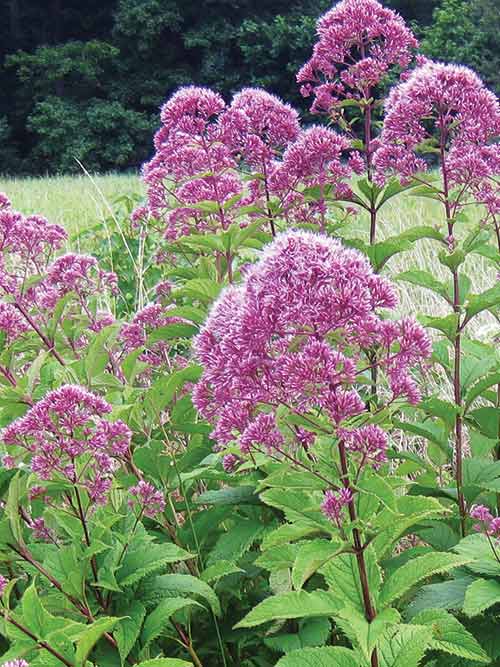
- Blooming season: Summer
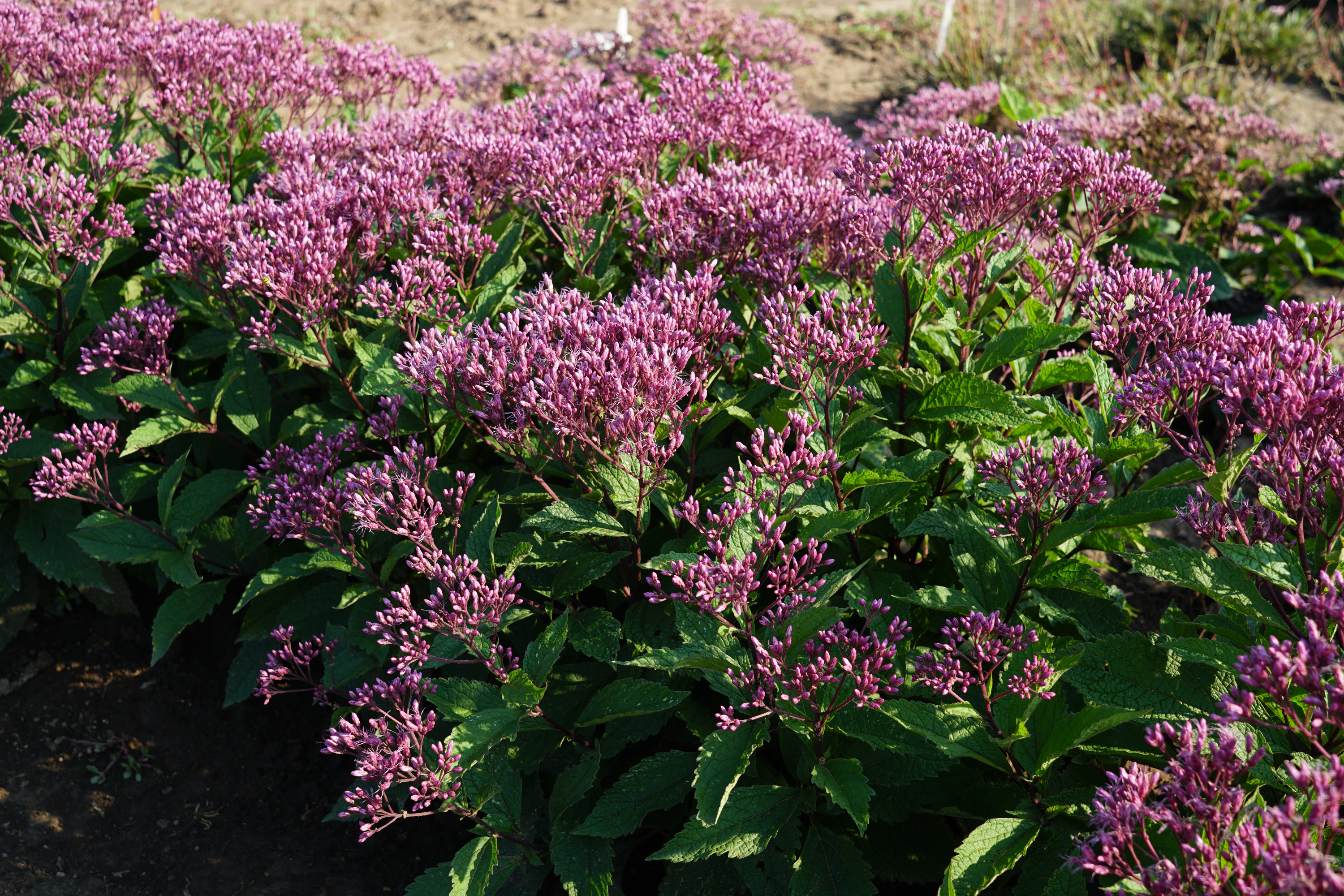
- Height: 3-6 feet tall
- Habitat: Moist meadows, swamps, and roadsides
- Native range: Eastern North America
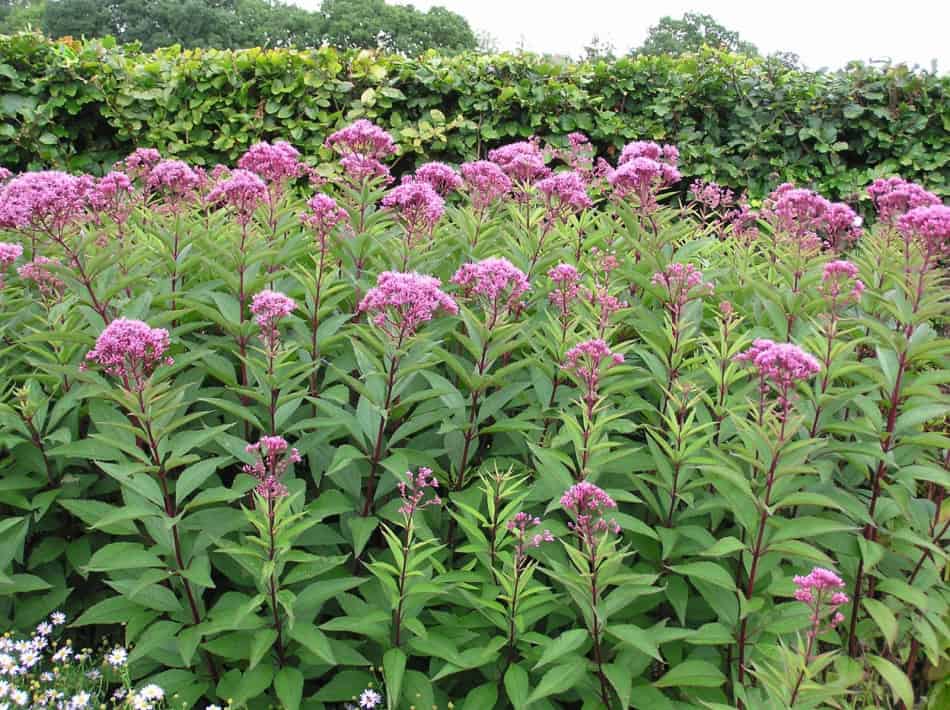
- Leaves: Alternate, lanceolate, 4-8 inches long
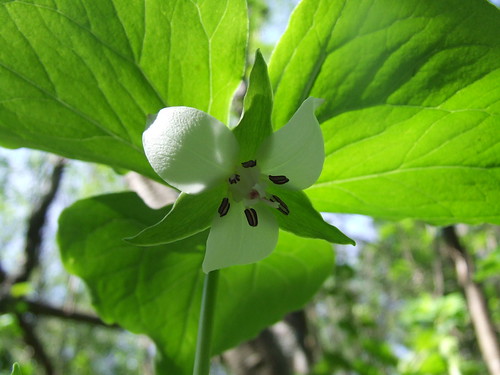
- Flowers: Purple, clustered in terminal panicles

- Fruits: Achenes, small and brown

- Medicinal uses: Used to treat a variety of ailments, including fever, cough, and sore throat
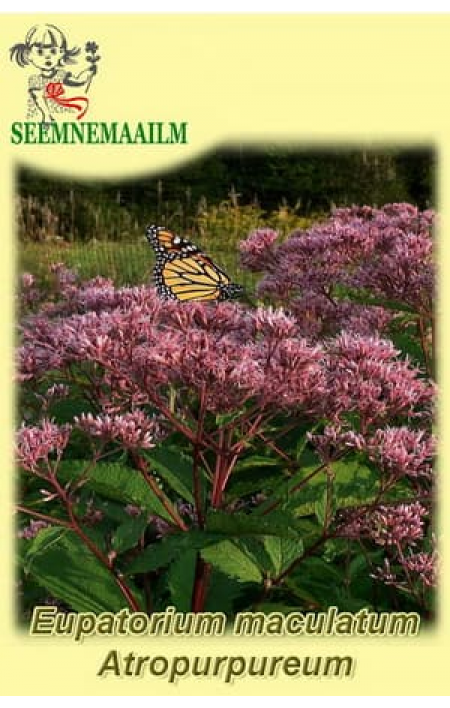
Post a Comment for "How To Grow Eupatorium Purpureum In Your Garden"